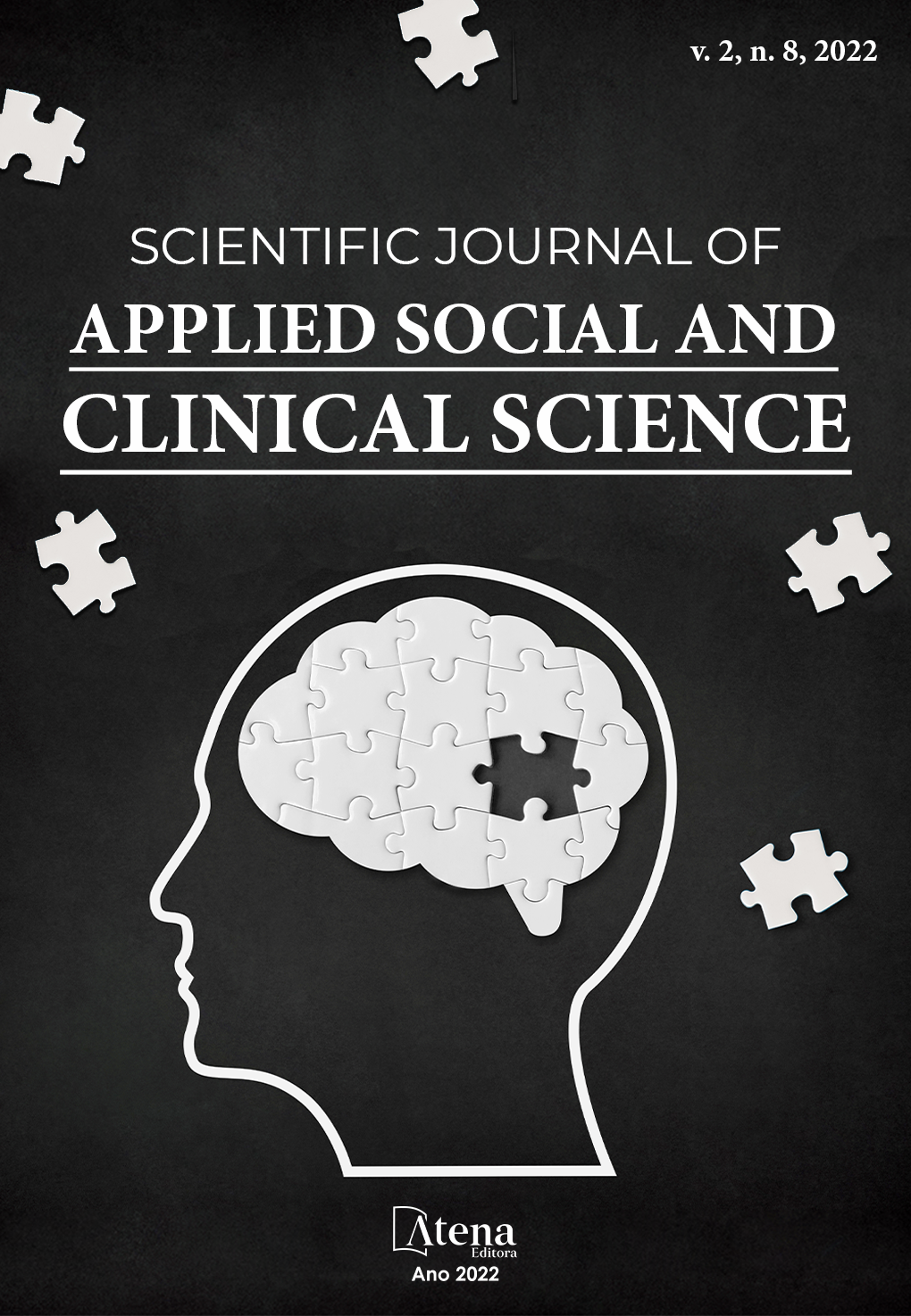
BRAZILIAN REDEMOCRATIZATION IN THE 1980'S: SOCIAL, ECONOMIC AND POLITICAL CHANGES IN THE GOVERNMENT OF JOSÉ SARNEY
The present work has as the general objective to analyze the period of Brazilian redemocratization, after the military dictatorship, and how this influenced the elaboration of a new Brazilian constitution. For that, a time cut was established in the period from 1985 to 1988, specifically because of the political changes that marked the time, such as the transition from the dictatorial system to the democratic system of government. Through the use of qualitative methodology, with the use of theoretical bibliographic review, the research is characterized as an exploratory study and its problem is the following question: how did the period of Brazilian redemocratization generate impacts on national jurisdiction? Furthermore, the article has such specific objectives: (I) to analyze the domestic and international aspects of Brazilian politics and how this structured José Sarney's government; (II) describe the reconstruction of a democratic political scenario; (III) describe popular participation and how valid it was for the elaboration of the 1988 constitution. From this, the guiding hypothesis of the work is: the lower the use of an authoritarian policy, the higher the levels of democracy and the application of fundamental rights. Therefore, the relevance of this research is due to the historical landmark established due to the movement of the time, in addition to contributing to the arrangement of research on the New Republic.
BRAZILIAN REDEMOCRATIZATION IN THE 1980'S: SOCIAL, ECONOMIC AND POLITICAL CHANGES IN THE GOVERNMENT OF JOSÉ SARNEY
-
DOI: 10.22533/at.ed.216282205052
-
Palavras-chave: Constitution, Redemocratization, Fundamental Rights.
-
Keywords: Constitution, Redemocratization, Fundamental Rights.
-
Abstract:
The present work has as the general objective to analyze the period of Brazilian redemocratization, after the military dictatorship, and how this influenced the elaboration of a new Brazilian constitution. For that, a time cut was established in the period from 1985 to 1988, specifically because of the political changes that marked the time, such as the transition from the dictatorial system to the democratic system of government. Through the use of qualitative methodology, with the use of theoretical bibliographic review, the research is characterized as an exploratory study and its problem is the following question: how did the period of Brazilian redemocratization generate impacts on national jurisdiction? Furthermore, the article has such specific objectives: (I) to analyze the domestic and international aspects of Brazilian politics and how this structured José Sarney's government; (II) describe the reconstruction of a democratic political scenario; (III) describe popular participation and how valid it was for the elaboration of the 1988 constitution. From this, the guiding hypothesis of the work is: the lower the use of an authoritarian policy, the higher the levels of democracy and the application of fundamental rights. Therefore, the relevance of this research is due to the historical landmark established due to the movement of the time, in addition to contributing to the arrangement of research on the New Republic.
-
Número de páginas: 10
- Maria Beatriz Franca Diniz


